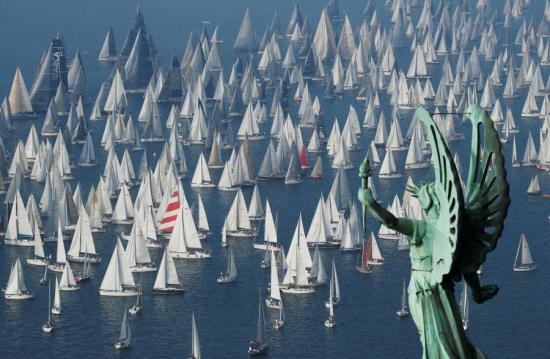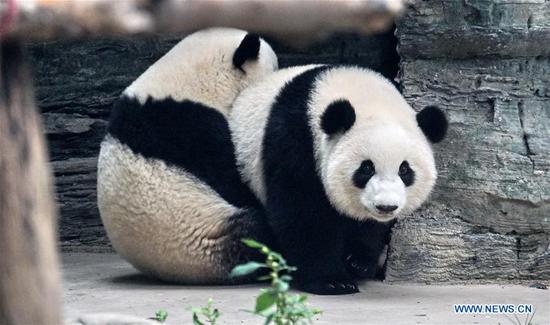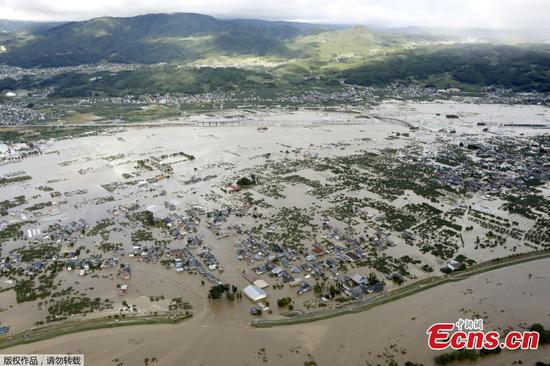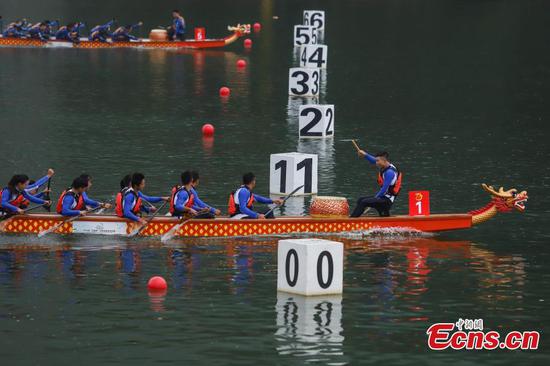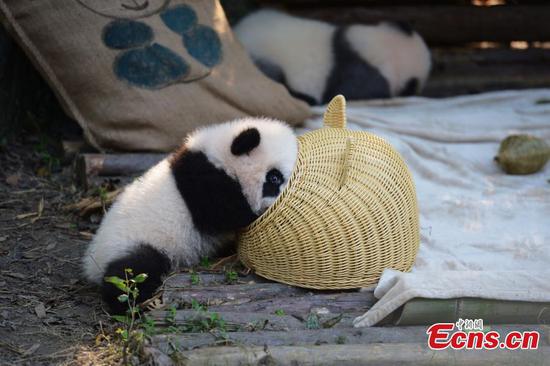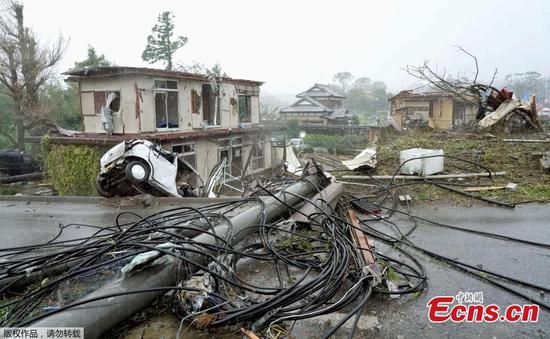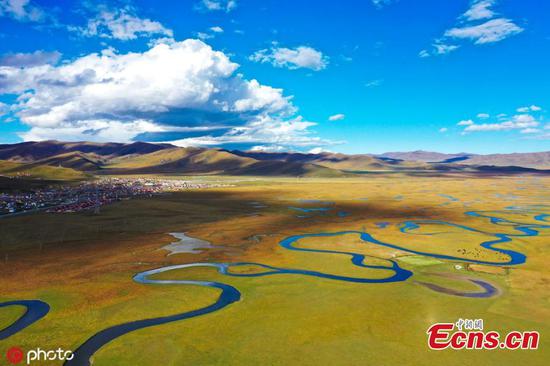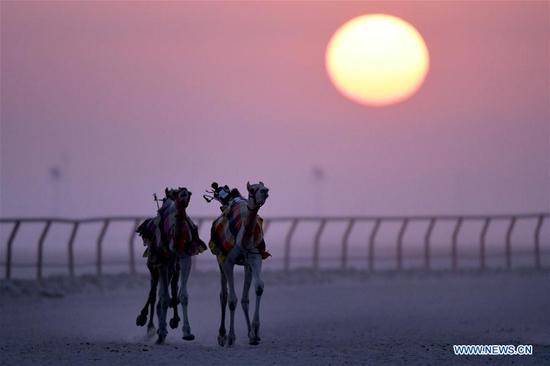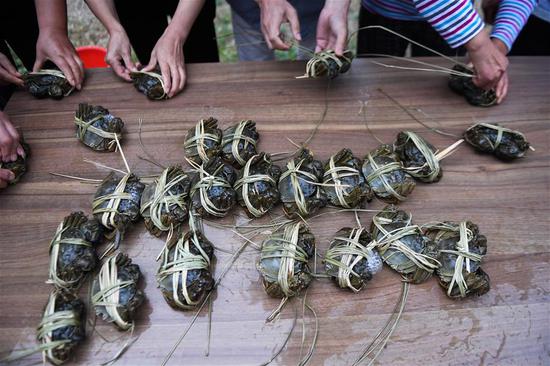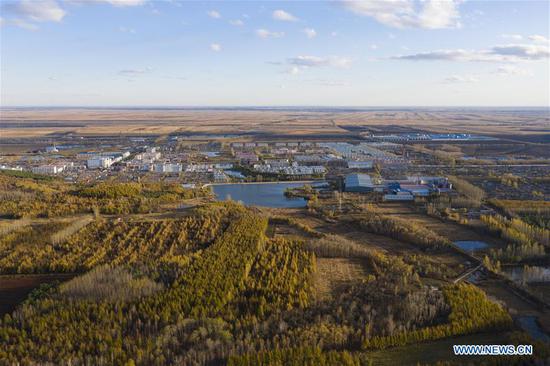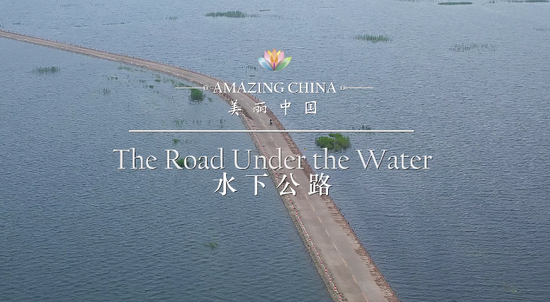A minke whale can grow to more than 10 meters and swim at 30 kilometers per hour. While this is nowhere near big enough or fast enough to get away from whalers, the species has managed to come back from near extinction. But that good fortune may now be at risk.
Unchecked whaling over the past couple of centuries virtually decimated whale populations until efforts to curb whaling translated into one of the great conservation successes of recent decades.
Whale numbers are now generally pretty good. There are, for example, about 500,000 Antarctic minke whales, according to the International Union for Conservation of Nature. The minke whale is now categorized as "near threatened" - not quite in danger.
The success in rebuilding whale populations has been the result of international efforts led by the International Whaling Commission. Most countries signed up to the commission decades ago and reduced their whaling activities drastically.
At the end of last year, Japan quit. It returned to commercial whaling on July 1, six months after officially walking away from the IWC.
Neighbor South Korea has also been ramping up whaling activities since resuming them for research purposes as far back as 2012. The country has also done little to address a loophole in national law that allows fishermen to "accidentally" catch whales and sell them.
This loophole has given South Korean whalers a way around legal blocks. The result is that as many as 100 whales are caught yearly as a side effect of fishing - whales as a byproduct. The bycatch in South Korea is about 10 times higher than in other fishing countries.
In other words, neither Japan nor South Korea has proved to be particularly stringent on efforts to stop whaling.
By turning their backs on international agreements, both countries are effectively bringing global geopolitics into whaling and putting national interests and the demands of national politics ahead of the needs of nature.
The world benefits from having stable whale populations, but the governments of Japan and South Korea benefit from allowing whaling to score points with portions of their electorates.
Whaling has traditionally been a large industry in both Asian countries, as well as European countries like Iceland and Norway. Large markets have existed for whale meat, whale oil and other related products.
Several hundred years ago, when going through particularly difficult economic times, Japan relied heavily on whale meat to feed its population. As an island nation, fishing has long been an important industry there.
That reliance turned into a kind of tradition and gave whale meat a cultural value that has little relation to its actual value. That tradition and ongoing demand for whale products kept fishermen employed for centuries and created a mythology around whaling that is hard to escape.
The heyday for large-scale whaling in Japan was during the 1940s and '50s, but the market for whale meat started to fall by the mid-'60s. By 2015, per capita whale consumption had dropped significantly. The market for whale oil also crashed.
The once busy whaling boats were repurposed or decommissioned, and fishermen were left in something of a lurch. These fishermen represent a small but potentially vocal constituency for Prime Minister Shinzo Abe, who is looking for support for other initiatives.
Getting whaling boats back out to sea could help Abe's administration secure important support from that particular sector and other blue-collar workers.
Protecting whale populations is important. Whales are key to development in marine food chains. Even dead whales help marine habitats: Carcasses act as habitation for marine life and provide plenty of food.
Getting rid of whales could leave a massive hole in the ecosystem.
Estimates and surveys of whale populations suggest enough whales exist globally, so no species is in danger (although there are no clear estimates for orca or killer whales). The danger behind the latest push from Japan and the changing trend in South Korea is that other fishing nations might follow suit.
While the global whale population should not be significantly threatened if Japan and South Korea keep whaling to their own waters, the situation could be different if this is the beginning of a much larger reversal.
It would be tragic if the success the world has experienced in bringing back whale populations is reversed. For now, vigilance is all.
The author is Alfred Romann, the managing director of Bahati Ltd, a Hong Kong-based editorial services consultancy. The views do not necessarily reflect those of China Daily.










